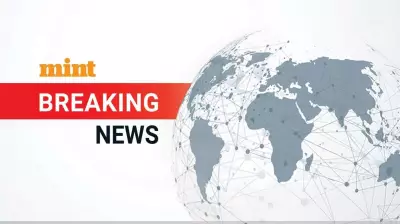
In a startling revelation about the state of pharmaceutical education in Maharashtra, a massive 17,000 Bachelor of Pharmacy (B.Pharm) seats remain vacant across the state's colleges. Recent data shows that only 29,000 of the total 46,109 available seats have found takers during the current admission cycle.
Admission Numbers Tell a Worrying Story
The State Common Entrance Test (CET) Cell's latest figures paint a concerning picture of pharmacy education in Maharashtra. Out of 46,109 AICTE-approved seats spread across numerous institutions, a significant 37% remain unoccupied. This vacancy rate raises serious questions about the future of pharmacy education in one of India's most populous states.
The Admission Process Breakdown
The admission procedure followed a structured approach through the CET Cell's centralized process. The numbers reveal:
- 29,086 students secured admissions through the centralized process
- 17,023 seats remain vacant despite multiple admission rounds
- The total available seats were spread across numerous pharmacy colleges statewide
What's Causing the Massive Vacancies?
Education experts point to several factors contributing to this concerning trend. The pharmaceutical sector, while crucial to healthcare, appears to be losing its appeal among students. Possible reasons include:
- Career alternatives: Students are increasingly opting for other professional courses
- Market saturation: Concerns about job opportunities after graduation
- Quality concerns: Varying standards across pharmacy institutions
- Economic factors: Rising education costs versus perceived returns
The Bigger Picture for Pharmacy Education
This vacancy crisis isn't just about empty classrooms—it reflects broader challenges facing pharmaceutical education in India. With thousands of seats going unfilled, institutions face financial pressures while the healthcare sector potentially faces future shortages of qualified pharmacists.
The situation calls for urgent attention from educational authorities, policymakers, and industry stakeholders to make pharmacy education more attractive and aligned with current healthcare needs.





